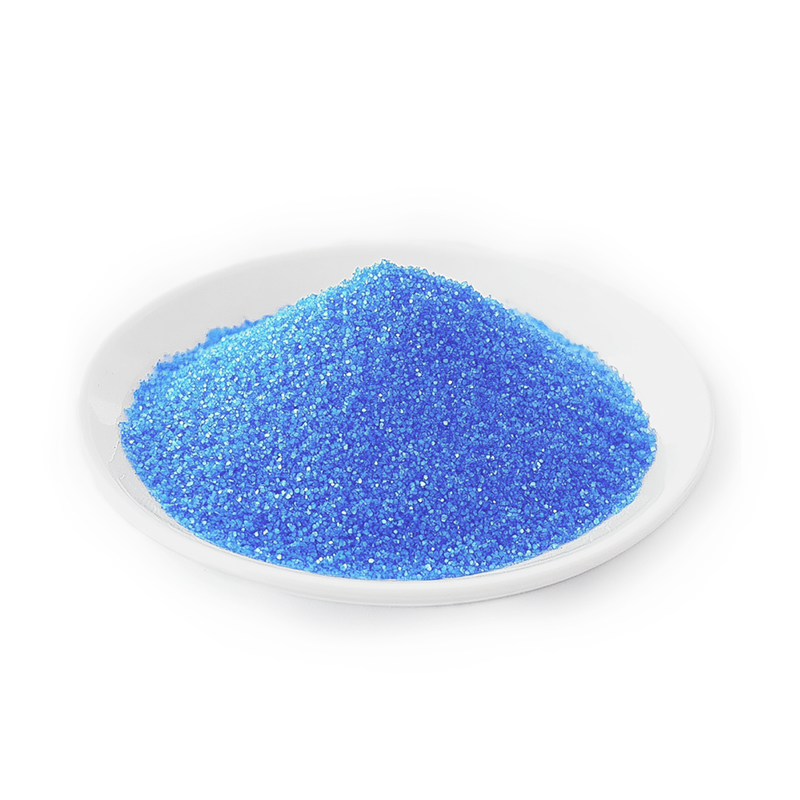This sulfate is widely used across multiple fields due to its properties. In agriculture, Copper Sulfate is a highly effective fungicide, herbicide, and algaecide allowing for effective pest control and controlled crop growth. It also helps farmers with controlling the crop disease and increasing yield productivity by dealing with pests in grapes, potatoes, and tomatoes. Not only this but copper sulfate also helps in giving essential nutrients to soil, aiding in improving overall fertility.
Aside from being heavily used across industrial agriculture processes, copper sulfate also has the ability to aid in the production of electric devices which acts as a great benefit with this aiding in copper plating and catalyzing chemical reactions. In water treatment facilities, it is used to treat water by removing algae and bacteria, so it is fit for human consumption. Copper sulfate also plays a major role in the electronics sector as a circuit board component due to its electronegativity.
The application of copper sulfate is not without its difficulties. Its environmental effects, as well as potential toxicity, have drawn scrutiny and regulation attention. Farmers and other industrial users have to follow safety protocols to offset the risks posed by copper sulfate usage. Heuristic approaches, like integrated pest management (IPM) and precision farming, are being employed to reduce the operational footprint of copper sulfate while maximizing its sustainable use.
In tandem with the trends shaping the agrarian landscape, the need for innovation is growing. It looks like copper sulfate is here to stay for modern farming, especially with growers looking for less harmful substitutes to pesticides. The growing body of knowledge and research focused on the role of copper sulfate in agriculture and its possible uses outside agriculture will most likely result from technological advancements.
To sum things up, copper sulfate is undeniably useful in both agricultural and industrial activities. Its importance in modern practices is very clear, especially in the use of crop protection chemicals and even in industrial activities. With the current efforts aimed at improving sustainability and greener initiatives, the care for responsible use and new innovations of copper sulfate will be very critical in determining where it leads to. Stakeholders need to understand the benefits and challenges of copper sulfate so that decisions can be made in harmony with business and environmental objectives.


